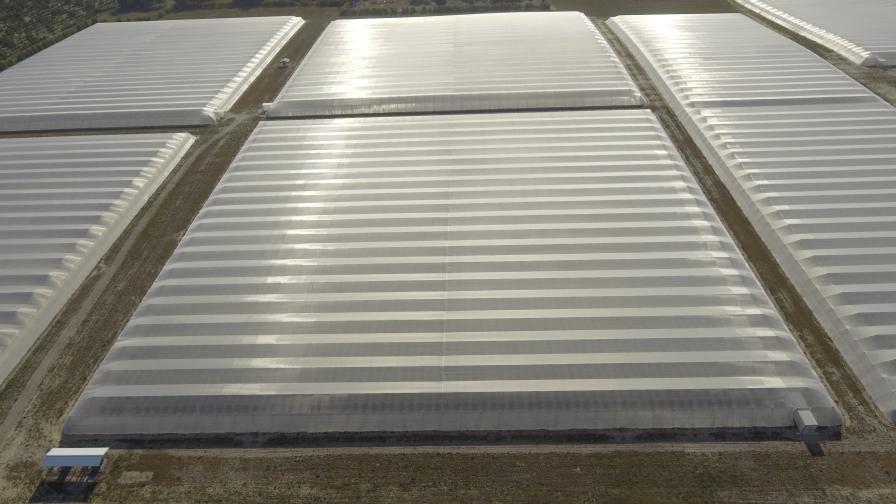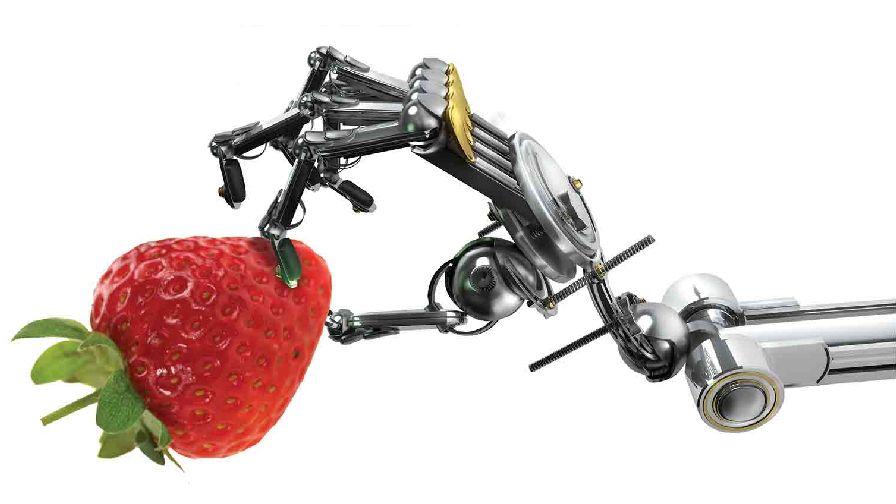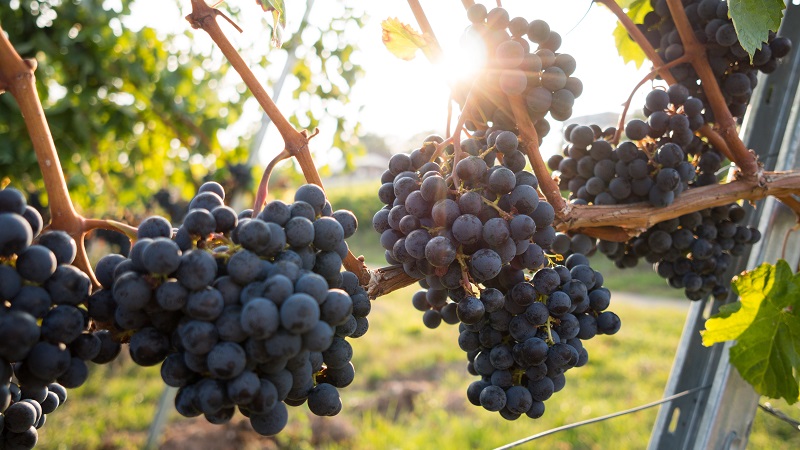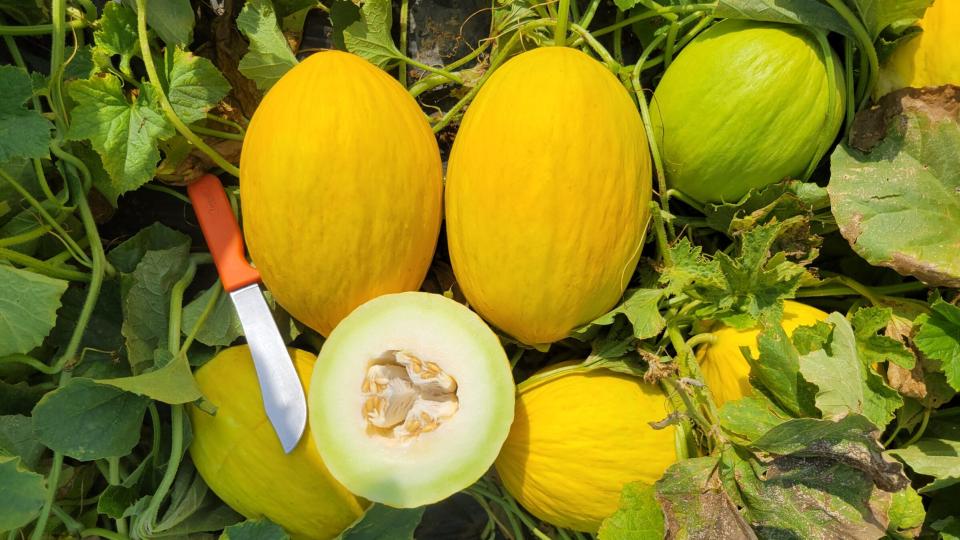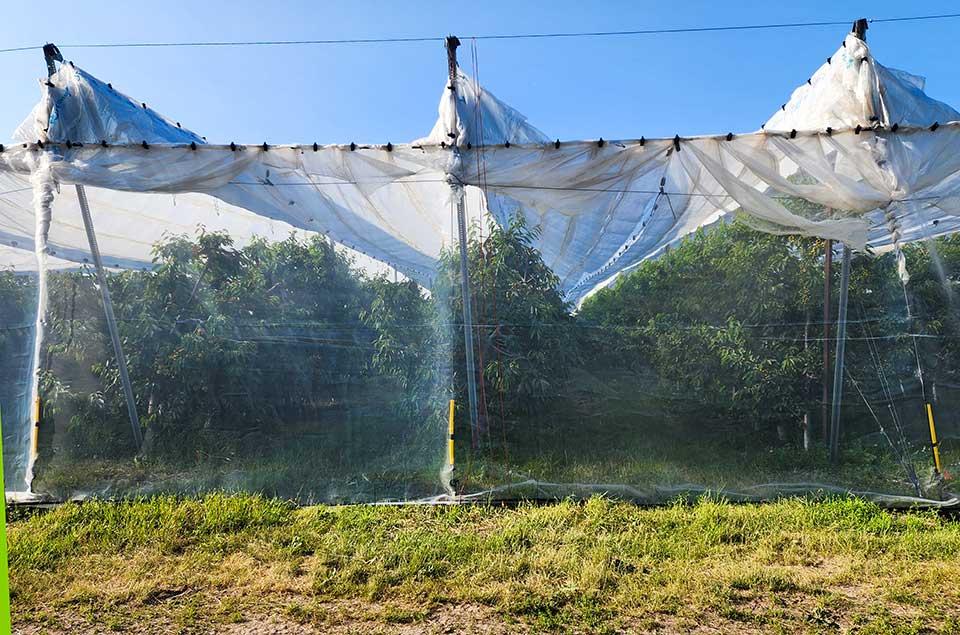Late Blight Managed With Resistant Tomatoes
In New York, a replicated experiment was conducted at Cornell’s Long Island Horticultural Research and Extension Center in 2012 to evaluate new varieties and experimental hybrids that have resistance to late blight in terms of horticultural traits and susceptibility to diseases.
Resistant varieties are a good tool for disease management, especially for late blight, which can be very difficult to control with fungicide applications started after the disease has been confirmed in the field. Left unmanaged, late blight is much more likely than other diseases to destroy a crop and it also can have a devastating impact on other tomato plantings in a region as pathogen spores can be easily dispersed by wind.
The variety Mt Fresh Plus was included as the industry standard for comparison. Most varieties evaluated produce standard red, round, slicer (beefsteak) type fruit. Plum, cherry, and campari (large cherry) types were also tested. All named varieties tested are commercially available. Experimental varieties from the Cornell Breeding Program also have resistance to early blight and Septoria leaf spot, common foliar diseases occurring in the northeastern U.S.
For more information on the experiment at Cornell and the work of researcher Margaret McGrath, who is in the Department of Plant Pathology at Cornell, click here.





